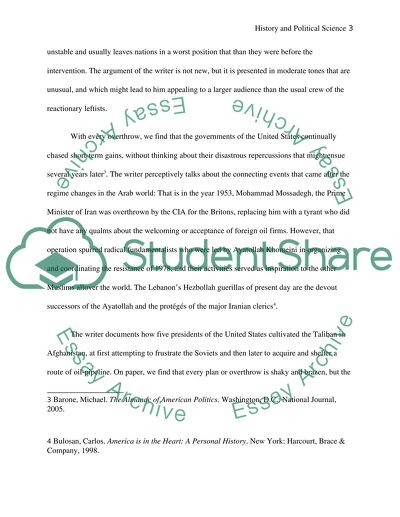Cite this document
(“Overthrow Essay Example | Topics and Well Written Essays - 1250 words”, n.d.)
Retrieved from https://studentshare.org/history/1439806-overthrow
Retrieved from https://studentshare.org/history/1439806-overthrow
(Overthrow Essay Example | Topics and Well Written Essays - 1250 Words)
https://studentshare.org/history/1439806-overthrow.
https://studentshare.org/history/1439806-overthrow.
“Overthrow Essay Example | Topics and Well Written Essays - 1250 Words”, n.d. https://studentshare.org/history/1439806-overthrow.


